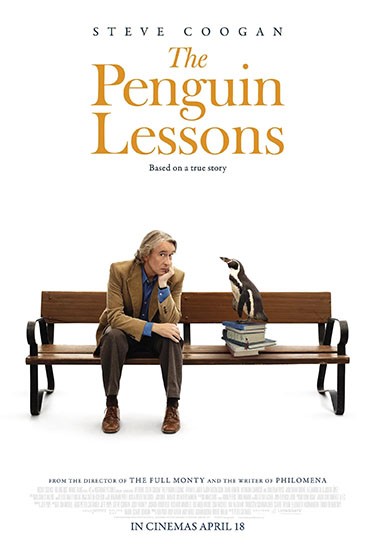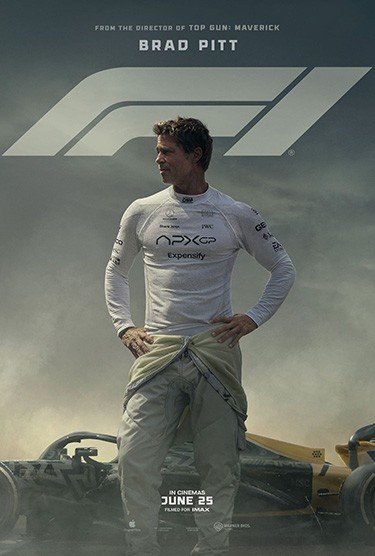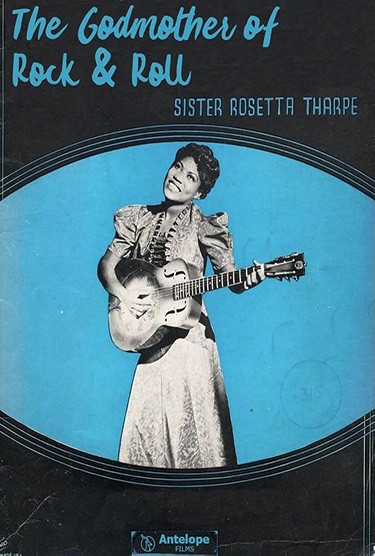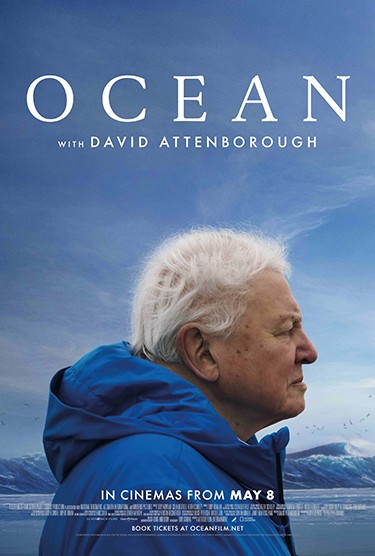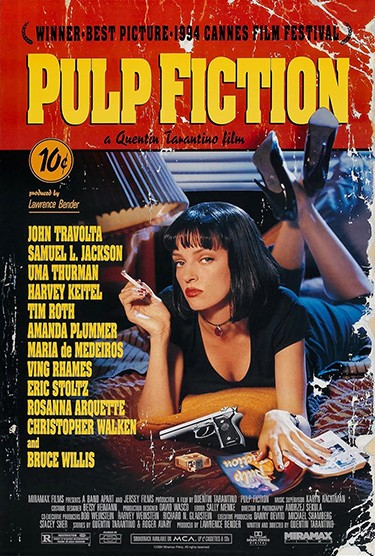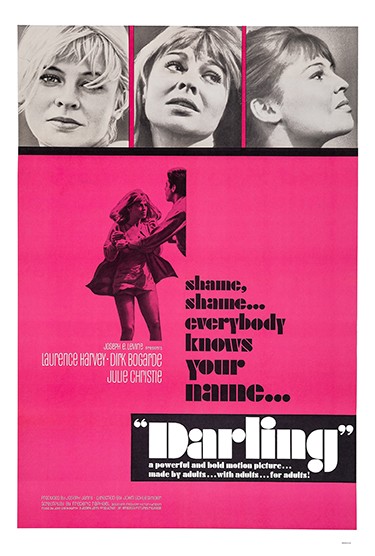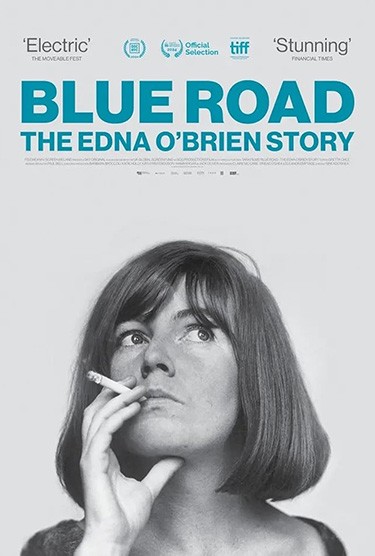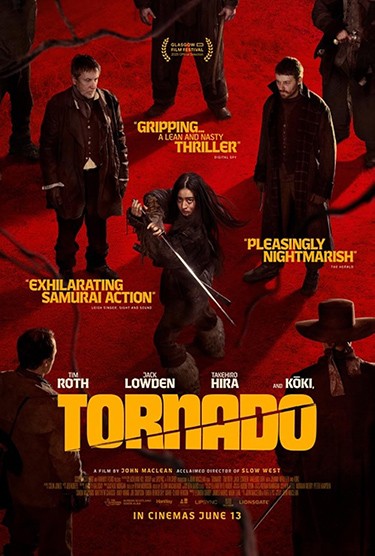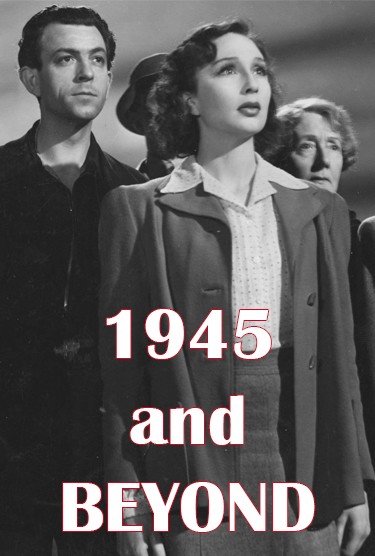From the People’s War to the People’s Peace
To mark the 80th anniversary of the end of World War II, a Talk for the Festival of Chichester, looking back at the portrayal of this momentous period in cinema.
Professor Maggie Andrews explores the role films played in the transition to peace at the end of the Second World War. ‘The Lamp Still Burns’ (1943), They Came to a City (1944) provided glimpses of the society the 1945 Labour Government was expected to create. However subsequent, films expressed the fantasies, fears and discontents created by the legacies of war.
This talk by Professor Maggie Andrews explores the role British films played in the transition from war to peace at the end of the Second World War. During the conflict cinema offered distraction, escapism, news, propaganda and dreams of a more egalitarian and socially just future. Films, such as ‘The Lamp Still Burns’ (1943) ‘They Came to a City’ (1944) and ‘Victory Wedding’ (1944) provided glimpses of the New Jerusalem the Labour Government, elected on the 5th July 1945, was expected to create.
In the following years, crime films, melodramas (including ‘They Were Sisters’ and ‘Waterloo Road’ — both 1945), action movies, even comedies, expressed and explored the fantasies and fears of a nation coming to terms with the complex legacies of war, whilst the popularity of films such as ‘Madonna and the Seven Moons’ (1945), ‘Scott of Antarctic’ (1948) or ‘The Glass Mountain’ (1949) indicated the nation’s ambivalence and ambiguity towards every day, domestic life in peacetime.
Adult £7.50, Under 25s £6, Blue Light & unemployed £6.
Sat 5 Jul 10:30
